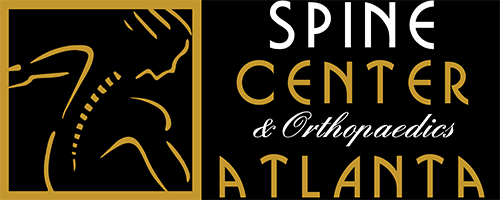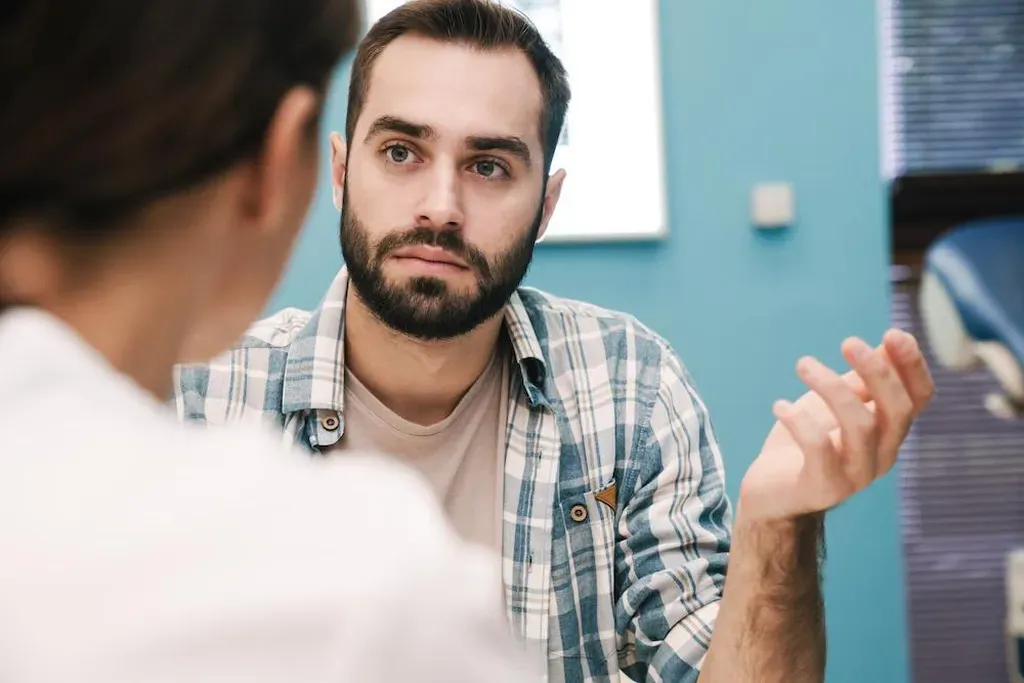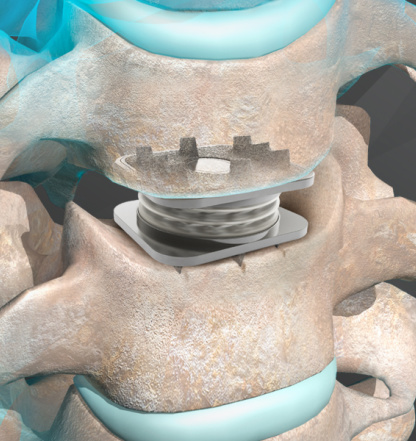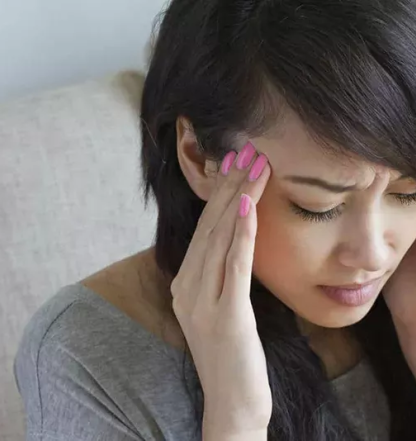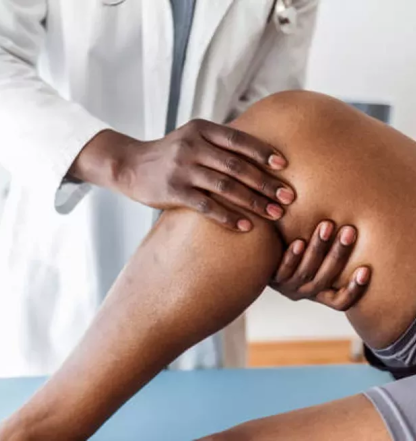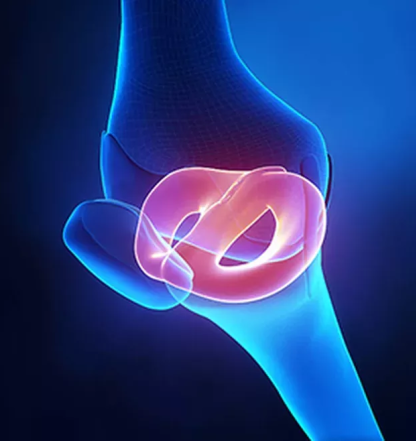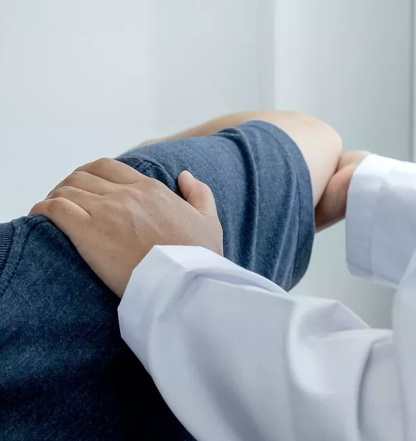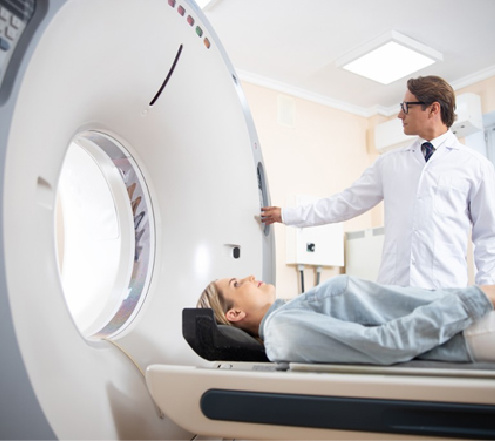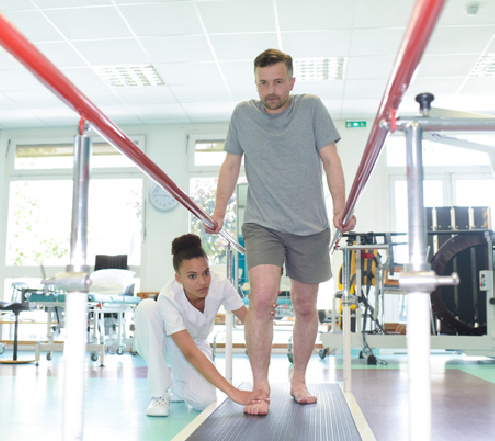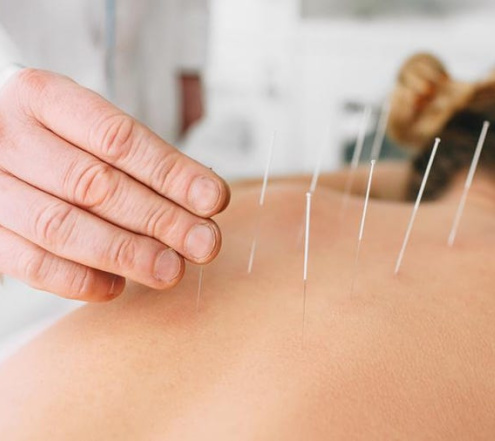The concussion risk is higher if football or hockey is your game of choice. However, even low-contact sports can raise the threat level. Check these facts about young athletes, concussions, symptoms, and possible health consequences.
Most folks under 25 probably don’t think much about concussions or other serious injuries when they’re charging across the field, court, or track. However, concussion is one of the most reported injuries in young athletes and can occur in any sport.
That doesn’t mean you should skip the many benefits of a physically active life. Instead, the team at Spine Center Atlanta shares tips about concussion treatment and how to avoid long-term health penalties that can accumulate with this common injury.
Concussion basics
Concussions are traumatic brain injuries that occur when your brain collides forcefully with the inner wall of the skull. A blow to the head causes most concussions. However, violent shaking of the upper body or any action that causes the head to jerk back and forth or side to side in a whip-like fashion can also cause a concussion.
Sports-related concussions can occur during a fall, a collision with another player, or an accidental elbow, foot, etc., to the head. Football, soccer, hockey, and basketball are some of the top contenders for concussion injuries. However, any sport increases your risk.
Concussion symptoms
The providers at Spine Center Atlanta recommend that every coach, parent, or caregiver become familiar with the signs and symptoms of a concussion.
However, our team notes it’s also essential for the athlete to recognize symptoms of a concussion, which can last for days, weeks, or months and may include:
- Headache
- Sensitivity to light or sound
- Dizziness
- Nausea or vomiting
- Blurred or double vision
- Difficulty with coordination, balance, or thought processes
- Slurred speech
- Ringing in the ears
- Forgetting the incident that caused a concussion
- Feeling and appearing dazed or confused
Never return to the game on the same day you experienced signs or symptoms of a concussion. Playing or training with even a mild concussion can lead to long-term brain damage and problems with focus, attention, and coordination. It also dramatically increases your risk of a second, more severe injury.
When should I see a doctor for a concussion?
The Spine Center Atlanta team recommends that anyone who experiences a head injury see a physician within one to two days, even if they don’t require emergency care.
Otherwise, seek emergency care if you experience:
- Loss of consciousness
- Repeated vomiting
- Worsening headache
- Bleeding from the ears or nose
- Seizures or convulsions
- Stumbling, clumsiness, or unsteady gait
- Difficulty recognizing familiar people or places
- Larger than normal (dilated) pupils
- Pupils of unequal size
These symptoms may occur immediately after a head injury or hours later and could indicate a brain hemorrhage (bleed), which can be fatal without appropriate treatment.
How do you treat concussions?
Spine Center Atlanta offers multiple advanced tests that can measure neurological function and help gauge the extent of brain injury following a concussion. This helps us develop a treatment strategy best suited to your needs.
Depending on your symptoms, diagnostic testing may include MRI with diffusion tensor imaging (DTI), Balance Tracking System (BTrackS™), or videonystagmography (VNG) to diagnose nerve damage, balance disorders, and other problems related to a concussion.
You may also be interested in ImPACT® testing. This computer-based exam evaluates cognitive function. Athletes take a baseline test before their season starts and again following a head injury. Your provider compares the results of the two tests to identify the severity of your concussion.
Most concussion treatment starts with physical and mental rest and gradually returning to routine activities. Pushing your brain to perform before it heals can lead to more severe damage.
Based on evaluation results, your strategy could also include hyperbaric oxygen therapy (HBOT), guided physical therapy, and other treatments designed to promote healing and restore function.
Our team also provides tips about avoiding future concussions, such as wearing the appropriate protective gear for your sport and training to increase strength and endurance. It’s also essential to ensure your coaches follow adequate safety guidelines for technique and form as you train or compete.
Schedule an evaluation at Spine Center Atlanta today for more information about concussion treatment or any services we offer. Call the office or book an appointment online.
